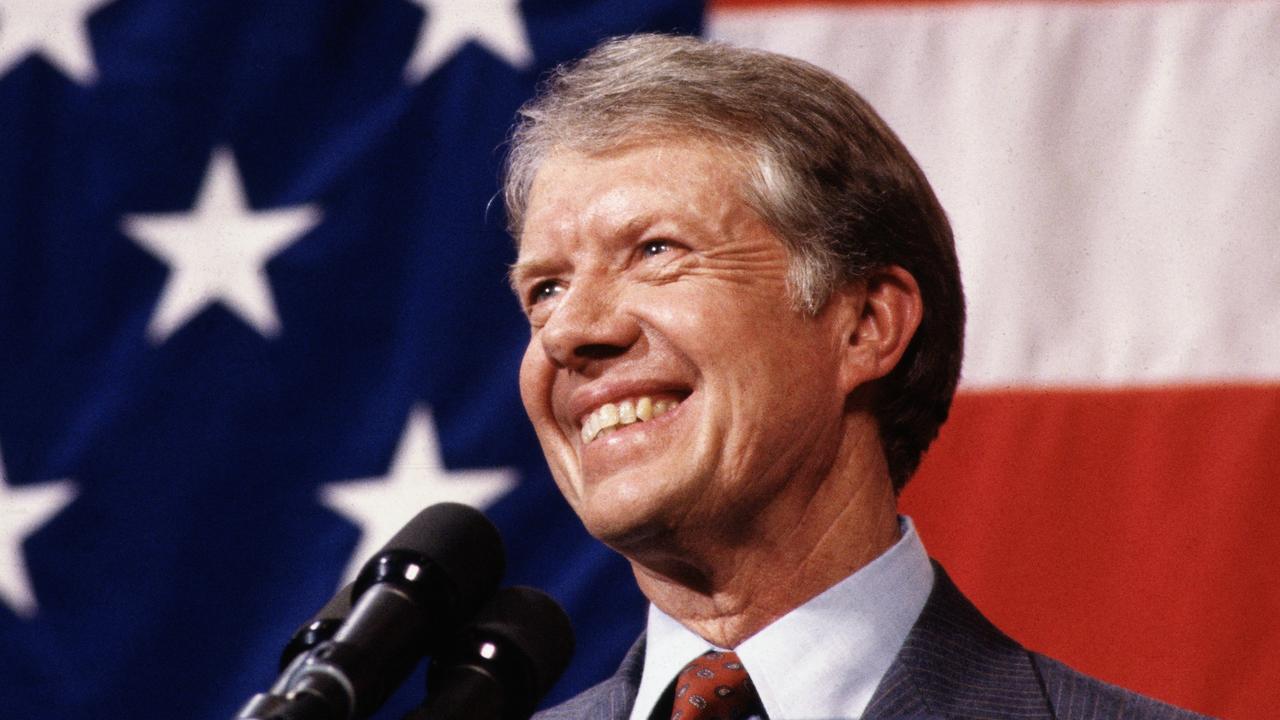Voices call for direct say in our own lives
Momentum for a greater say for Indigenous people continues to build.
Momentum for an Indigenous voice continues to build. The calls grow for establishment of a mechanism that ensures Aboriginal and Torres Strait Islander people have a stronger way to have a direct say on matters to improve our lives.
The recent Australian Reconciliation Barometer found that 86 per cent of the general community believe it is important to establish a representative Indigenous body, and 95 per cent believe it is important for Aboriginal and Torres Strait Islander people to have a say in matters that affect us.
A voice is important for many reasons but, at the heart of it, we need real change on the ground. Aboriginal and Torres Strait Islander Australians need a greater say in matters that affect us and to share in decision-making. Only by having the opportunity to share in responsibility can we be empowered to realise our full social, economic and spiritual potential.
Over the past 12 months, 52 Australians from around the country have worked hard to produce workable options for what an Indigenous voice might look like and how it might operate.
We know there will be a range of views on the proposals. We understand they don’t go far enough for some and may go too far for others. Despite these differing views, many acknowledge that this work, defining the details of an Indigenous voice, needs to be done. This will allow the conversations that follow to be based on something tangible.The proposals we have developed are practical and pragmatic. The proposed Indigenous voice would be made up of two parts — local and regional voices and a national voice.
We propose local and regional voices would be regional-level governance structures designed and led by communities. They would provide advice to all levels of government about what’s important to communities in the region, and work in partnership with all governments to make plans on how to meet community aspirations and deliver on local priorities. Local and regional voices would not administer programs or funding.
Our proposal for Local and Regional Voices would have no single set model. Different regions could have different structures, based on what works best for them. A flexible principles-based framework would guide and support their establishment and continued operation, responding to the diversity that exists across the country This would allow communities to build on existing arrangements that are working well.
Each local and regional voice in our proposed model would provide clear pathways for local Aboriginal and Torres Strait Islander people in the region to get involved and have their say. They would also provide local views to the national voice on issues of national importance.
Local and regional voices and the national voice would work together to share information, consult and provide advice. Their relationship would allow the national voice to provide locally informed advice on national matters that are critically important to the social, spiritual and economic wellbeing of Aboriginal and Torres Strait Islander people across the country.
The national voice we propose would be a national body made up of Aboriginal and Torres Strait Islander people that provides advice to the Australian parliament and government on laws, policies and programs. It would engage early in the process to guide their development and ensure Indigenous voices are considered from the start.
The proposal for a national voice consists of at least 16 and no more than 20 individuals to ensure representation across each state, territory and the Torres Strait, and guaranteed gender balance.
Membership could happen in two different ways. They could be “structurally linked”, with members selected from local and regional voices, or “directly elected”, with elections held for Aboriginal and Torres Strait Islander people to elect members directly.
These proposals are not finalised. Now it’s time for everyone to consider them and provide comment. Your feedback will help us make sure they work for Aboriginal and Torres Strait Islanders. This work has the potential to be a defining moment in our shared future as a nation. Do not let this moment pass. All Australians are invited to learn more about the proposals and have your say at voice.niaa.gov.au.
Professors Marcia Langton and Tom Calma are co-chairs of the Indigenous Voice Co-Design Senior Advisory Group.


